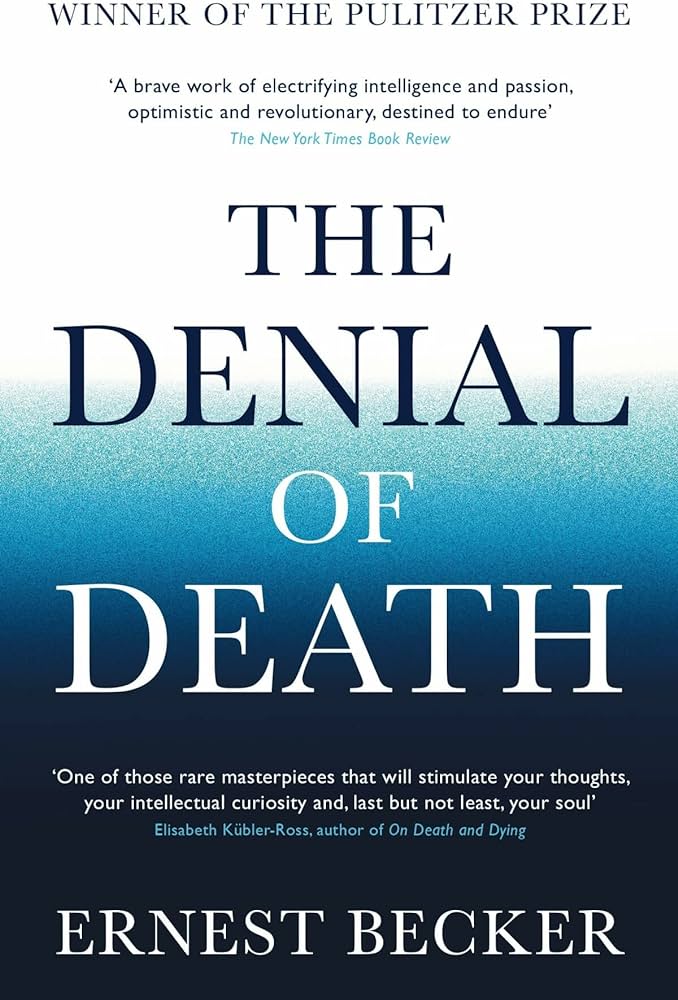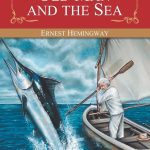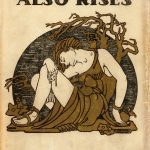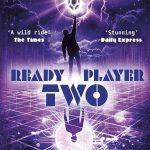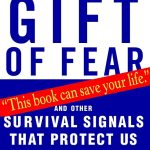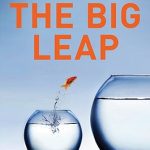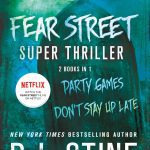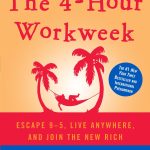“Denial of Death” by Ernest Becker is a timeless classic that offers readers an unparalleled look into the psychological implications of human mortality. It has been lauded as one of the most important books of the twentieth century, and it continues to be relevant today due to its incisive analysis of the anxieties and fears that define our lives. The book explores how we cope with the knowledge of our own mortality and why we often resort to denial or avoidance in order to protect ourselves from the truth. By examining our reactions to death, Becker sheds light on the deep-seated anxieties that plague all humans and reveals how these anxieties can have both positive and negative effects on our lives. With its insightful arguments and thought-provoking ideas, “Denial of Death” is sure to leave readers with a newfound understanding of mortality and its implications.
Denial of Death Review

Denial of Death, by Ernest Becker, is a gripping and thought-provoking exploration of the human condition. It won the Pulitzer Prize for General Nonfiction in 1974 and has since become a classic in the field of psychology. Written in an accessible style, it examines how our fears and anxieties about death impact our lives and shape our behavior. In this book, Becker argues that “the idea of death, the fear of it, haunts the human animal like nothing else.”
Key Features:
1. Examines how our fears and anxieties about death shape our behavior
2. Argues that “the idea of death, the fear of it, haunts the human animal”
3. Won the Pulitzer Prize for General Nonfiction in 1974
4. Explores why humans have evolved to deny death
5. Written in an accessible style that appeals to both experts and laypeople
For readers who may be unfamiliar with Denial of Death, it offers an introduction to Ernest Becker’s influential work on how humans cope with their mortality. As Becker explains, much of the anxiety we experience is caused by our fear of death and our refusal to accept it as part of life’s natural cycle. In his writing, he explores why humans have evolved to deny death, offering insight into how we can better manage our fear and lead more enriching lives. Through vivid examples and compelling arguments, Denial of Death provides an invaluable resource for understanding what drives us as individuals while also providing a powerful reminder that life is precious and must be lived to its fullest extent.
Product Details
| Product Name | Author | Publisher |
|---|---|---|
| Denial of Death | Ernest Becker | Simon & Schuster |
| Format | Paperback | |
| ISBN-10 | 0684832402 | |
| ISBN-13 | 978-0684832409 | |
| Product Dimensions | 6.8 x 0.7 x 9.5 inches | |
| Shipping Weight | 9.6 ounces (View shipping rates and policies) | |
Denial of Death Pros and Cons
1. Pros
Denial of Death by Ernest Becker is a must read for anyone looking to gain a better understanding of the human condition and our place in the world. It offers an in-depth exploration of death, its implications and how it informs our lives. This book provides an enlightening and thought-provoking analysis that will challenge readers to examine their own beliefs about death and mortality. One of the highlights of Denial of Death is its ability to provide insight into the ways in which people cope with death and how they can come to terms with it in order to live more meaningful lives. Additionally, Becker’s writing style is engaging and accessible, making this book a great choice for anyone interested in psychology or philosophy.
2. Cons
Despite its many strengths, Denial of Death does have some drawbacks. For one, it is quite dense, with numerous references to Freudian concepts that may be difficult for those without prior knowledge of psychoanalysis to grasp fully. Additionally, Becker’s writing can at times be overly theoretical and abstract, making it difficult for some readers to stay engaged throughout the entire book. Finally, some readers may find his arguments regarding death and mortality to be controversial or unsettling.
Who are They for
Denial of Death by Ernest Becker is one of the most influential books in modern psychology and philosophy. This ground-breaking book explores the idea that humans are driven by a fear of their own mortality – and how this fear shapes our lives, from our culture to our individual choices. Through thoughtful analysis and philosophical argumentation, Becker argues that accepting death is essential for living a fulfilled life.
One reviewer stated, “The ideas in Denial of Death are powerful and thought-provoking. It has changed my life in profound ways.” Indeed, this book has been widely praised for its insightful exploration of the human condition and for its challenging but ultimately rewarding message about embracing death as a part of life.
Becker examines both personal and cultural responses to death, including art, literature, religion, war, love and other forms of human expression. In doing so, he reveals how we use symbols to deny death – and how these symbols can be seen in our everyday lives. He also offers practical advice on reevaluating our beliefs and understanding the role of death in our lives.
Denial of Death is not an easy read; but if you are looking for an intellectual challenge, it is well worth the effort. With its profound insights into the human psyche and its powerful arguments about the nature of life and death, this book will have you questioning your own beliefs about mortality – and may even motivate you to live a more meaningful life.
My Experience for Denial of Death

I had been living a life of fear, until I read Denial of Death. Through the pages of this powerful book, written by Ernest Becker, I was able to confront my fears and begin to live life more courageously. It’s amazing how much fear can cause us to miss out on in life!
Before I read Denial of Death, I was constantly worrying about things that could never happen to me. But with each page I turned in this book, I felt myself becoming more empowered.
My favorite part of Denial of Death is how it helps me understand my own mortality. Instead of being scared of death, it gives me the tools to live a full and meaningful life in spite of it. This has allowed me to be more present in my day-to-day life, and enjoy every moment for what it is.
If you’re looking for an inspiring read that will help you overcome your fears and appreciate life more fully, then you need to get Denial of Death. I’m sure you’ll find it just as enlightening as I did!
What I don’t Like
1) It can be difficult to read: Denial of Death is written in a dense academic style that may be difficult for some readers to follow.
2) Lacks practical advice: Though the book contains many philosophical and psychological insights, it lacks practical advice on how to cope with mortality.
3) Not suitable for everyone: Due to its dark subject matter, Denial of Death may not be suitable for younger readers or those who are easily disturbed.
4) Theories are outdated: Becker’s theories have been largely superseded by more modern philosophical and psychological approaches to mortality.
5) Lacks visuals: The book does not contain any charts, diagrams, or other visuals that could help readers better understand its complex ideas.
How to Embrace Your Mortality with Ernest Becker’s Denial of Death
In his Pulitzer Prize-winning book, Denial of Death, renowned psychoanalyst Ernest Becker tackles one of the most difficult questions in life: How can we come to terms with our mortality? Drawing on a wide range of disciplines from psychology and philosophy to biology and literature, Becker offers an unflinching look at how humans have historically sought to evade death.
Becker argues that human civilization is built upon the denial of death. We seek out structures and beliefs that provide us with a sense of comfort and purpose in a seemingly chaotic universe. Religion, work, art, relationships—all of these things are ways in which we attempt to deny our mortality. While this can lead to positive outcomes such as increased motivation and creativity, it can also lead to negative ones like fear, anxiety, and depression.
So how do we learn to embrace our mortality instead of denying it? Becker suggests that the key is to find a way to connect with something larger than ourselves. Whether it’s through religion, philosophy, or simply appreciating the beauty of nature, the goal is not just to accept death but also to find something worthwhile in life worth living for. He also encourages readers to explore their own personal histories and discover what gives them meaning and purpose in life.
Ultimately, Ernest Becker’s Denial of Death provides powerful insights into how we can come to terms with our mortality and embrace life despite its inherent uncertainty. By exploring the various ways we deny death, he helps us understand how we can ultimately transcend it and live meaningful lives.
Questions about Denial of Death
What is Denial of Death?
Denial of Death is a non-fiction book by Ernest Becker, first published in 1973. It won the Pulitzer Prize for General Non-Fiction in 1974. In it, Becker examines how human civilization has attempted to deny the inevitability of death through religion, science, and culture. He argues that our fear of death leads us to create powerful illusions about ourselves and society in order to feel secure in our own mortality.
How does Denial of Death relate to psychology?
Denial of Death explores the psychological implications of mortality on individuals and societies. Becker argues that our fear of death drives us to create powerful illusions about ourselves and society, which can have negative impacts on our mental health. He discusses the ways in which we try to deny or hide from death, such as through religious beliefs, scientific progress, and cultural achievements. He also examines how these attempts to avoid death lead to a variety of psychological issues such as anxiety and depression.
What topics does Denial of Death cover?
Denial of Death covers a range of topics related to the psychological implications of mortality. In the book, Becker examines how human civilization has attempted to deny the inevitability of death through religion, science, and culture. He also discusses how this denial affects our mental health, including anxiety and depression. Additionally, he explores the ways in which individuals use art and literature as a form of creative expression in order to cope with their own mortality.

Hi, my name is Lloyd and I'm a book enthusiast. I love to read all kinds of books, from classic literature to modern fantasy, as well as non-fiction works. I also enjoy writing reviews and giving my opinion on the books that I have read.

